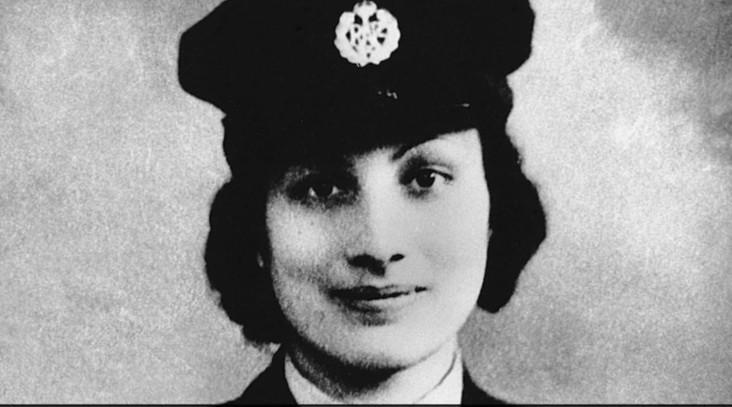
France Honours British Indian Spy & Tipu Sultan’s Descendant Noor
In a remarkable tribute, France has honoured Noor Inayat Khan, a descendant of the legendary Indian ruler Tipu Sultan and a World War II undercover British agent, with a commemorative postage stamp. This makes Noor the only Indian-origin woman to receive this esteemed tribute. The stamp is a testament to Noor’s bravery and selflessness, as she risked her life to serve as a spy for the British during World War II.
Noor’s story is one of courage and sacrifice. Born in Moscow in 1914 to an Indian father and an American mother, Noor was a descendant of Tipu Sultan, the 18th-century ruler of Mysore who was known for his resistance against British colonial rule. Despite her royal lineage, Noor chose to serve the British during World War II, joining the Women’s Auxiliary Air Force (WAAF) in 1940. She later joined the Special Operations Executive (SOE), a secret British organization that conducted espionage and sabotage operations behind enemy lines.
Noor’s work as a spy took her to occupied France, where she transmitted crucial information back to the British using a wireless radio. Her code name was “Madeleine,” and she worked tirelessly to gather intelligence and support the French Resistance. However, her bravery was not without cost. In 1943, Noor was arrested by the Gestapo and subjected to intense interrogation. Despite being tortured, she refused to reveal any information about her work or her colleagues.
Sadly, Noor’s bravery was ultimately rewarded with a tragic fate. She was executed at the Dachau concentration camp in 1944, at the age of 30. Her sacrifice was not in vain, however. Noor’s work as a spy had helped to support the Allied effort, and her bravery had inspired countless others to join the fight against Nazi Germany.
Noor’s legacy has been recognized with numerous awards and honours. She was posthumously awarded the Croix de Guerre, France’s highest civilian honour, as well as Britain’s George Cross. The George Cross is the highest civilian honour in the United Kingdom, and it is awarded to individuals who have shown extraordinary bravery and selflessness in the face of danger.
The commemorative postage stamp issued by France is a fitting tribute to Noor’s memory. It recognizes her bravery and sacrifice, and it serves as a reminder of the important role that she played in the fight against Nazi Germany. The stamp is also a testament to the strong bonds of friendship and cooperation between France and India, and it highlights the significant contributions that Indian-origin individuals have made to the history of both countries.
Noor’s story is an inspiration to people all around the world. Her bravery, selflessness, and sacrifice serve as a reminder of the importance of standing up for what is right, even in the face of overwhelming danger. Her legacy continues to inspire new generations of leaders and change-makers, and her memory will be honoured for years to come.
In conclusion, the commemorative postage stamp issued by France in honour of Noor Inayat Khan is a fitting tribute to a true hero of World War II. Noor’s bravery, sacrifice, and selflessness serve as an inspiration to us all, and her legacy will continue to be celebrated for generations to come.





